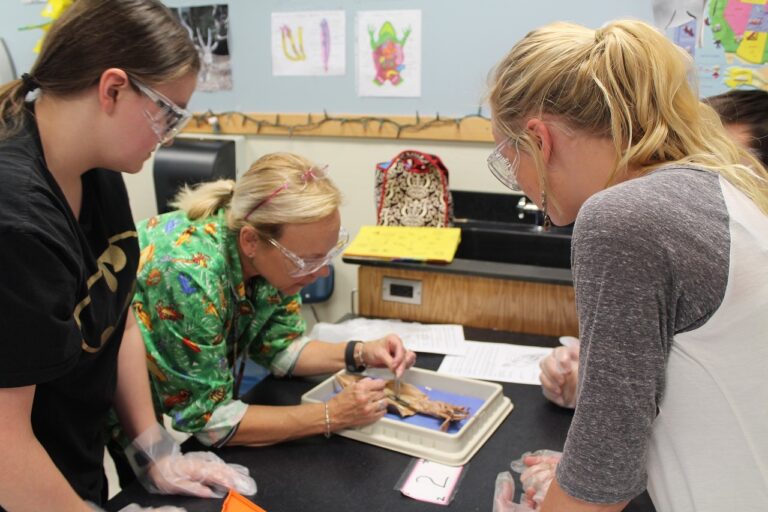Addressing Equity in Access to Advanced Placement Courses for Students with Disabilities
Equity in access for students with disabilities in Advanced Placement courses is a critical issue that requires attention and action. Students with disabilities should have the same opportunities as their peers to participate in AP courses and benefit from a challenging academic environment. However, barriers such as lack of accommodations, inaccessible resources, and limited support services can hinder their access to these courses, leading to disparities in educational opportunities.
It is imperative for schools and educational institutions to prioritize inclusivity and provide necessary resources and support for students with disabilities in AP programs. By creating a more accessible and inclusive environment, students with disabilities can fully engage in the academic material, develop their skills, and succeed in these rigorous courses. Addressing the barriers faced by these students is essential in ensuring that they have equal access to educational opportunities and can reach their full potential in Advanced Placement courses.
• Students with disabilities should have the same opportunities as their peers in AP courses
• Lack of accommodations, inaccessible resources, and limited support services can hinder access to AP courses for students with disabilities
• Schools and educational institutions need to prioritize inclusivity and provide necessary resources and support for students with disabilities in AP programs
• Creating a more accessible and inclusive environment allows students with disabilities to fully engage in academic material, develop skills, and succeed in rigorous courses
• Addressing barriers faced by students with disabilities is essential for ensuring equal access to educational opportunities in Advanced Placement courses.
Barriers Faced by Students with Disabilities in Accessing Advanced Placement Courses
Accessing Advanced Placement (AP) courses can present significant challenges for students with disabilities. One major barrier is the lack of accommodations and support services tailored to the individual needs of these students. Many AP courses have rigorous academic requirements and fast-paced learning environments that can be particularly difficult for students with disabilities to navigate without appropriate assistance.
Additionally, there is often a lack of awareness and understanding among educators and school administrators about how to effectively support students with disabilities in AP courses. This can result in inadequate accommodations being provided, or even reluctance to enroll students with disabilities in AP courses altogether. This lack of awareness and support can further isolate students with disabilities and hinder their ability to access the same educational opportunities as their peers.
Importance of Inclusivity in Advanced Placement Programs for Students with Disabilities
Inclusivity in Advanced Placement programs plays a crucial role in ensuring that students with disabilities have equal access to challenging academic opportunities. By creating a supportive and accommodating environment, these programs allow students with disabilities to excel and reach their full potential. Inclusive practices not only benefit individual students but also contribute to a more diverse and enriched learning experience for all participants.
When students with disabilities are included in Advanced Placement programs, it promotes a culture of acceptance and understanding among their peers. It helps break down stereotypes and biases, fostering a more inclusive and respectful community within the school setting. Inclusivity also empowers students with disabilities to advocate for themselves and their needs, increasing their sense of self-worth and confidence in their abilities.
What is the importance of inclusivity in Advanced Placement programs for students with disabilities?
Inclusivity in Advanced Placement programs ensures that all students, including those with disabilities, have equal opportunities to access challenging coursework and pursue their academic goals.
What are some barriers faced by students with disabilities in accessing Advanced Placement courses?
Some barriers include lack of accommodations, negative attitudes from educators and peers, and limited support services for students with disabilities.
How can schools promote equity in access for students with disabilities in Advanced Placement courses?
Schools can promote equity by providing necessary accommodations, training teachers on best practices for supporting students with disabilities, and creating a welcoming and inclusive environment for all students.
Why is it important to address the needs of students with disabilities in Advanced Placement programs?
Addressing the needs of students with disabilities ensures that they have the same opportunities for academic success as their peers, leading to greater diversity and inclusivity in the classroom and beyond.





